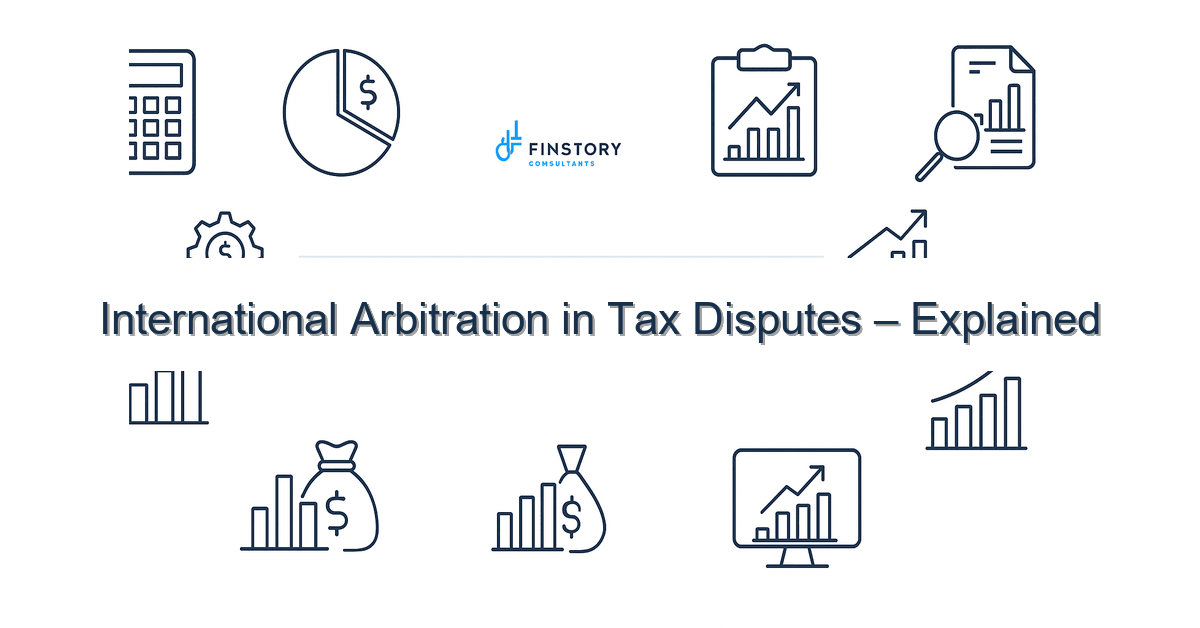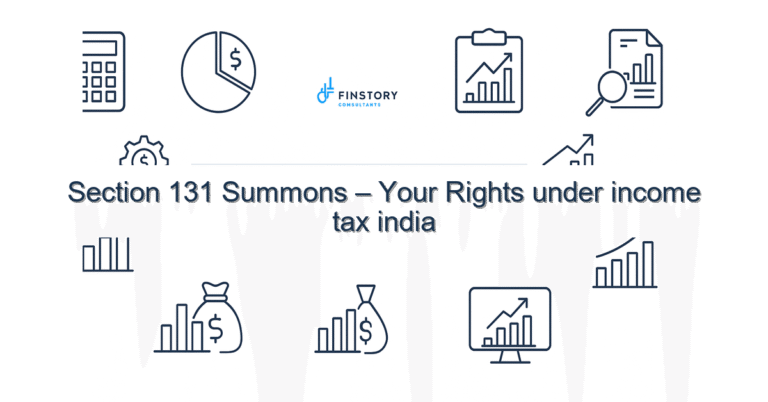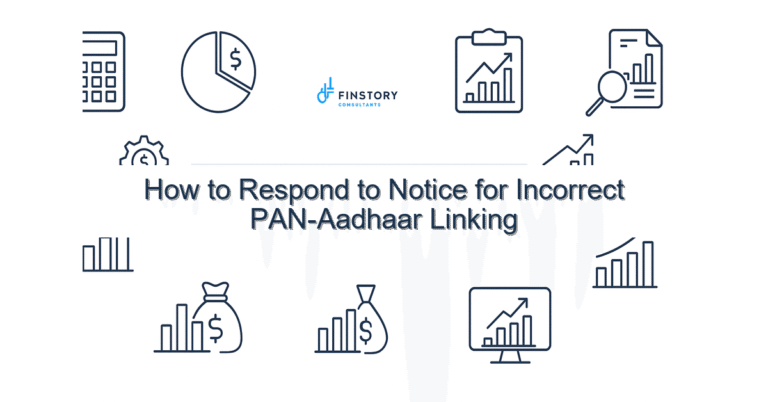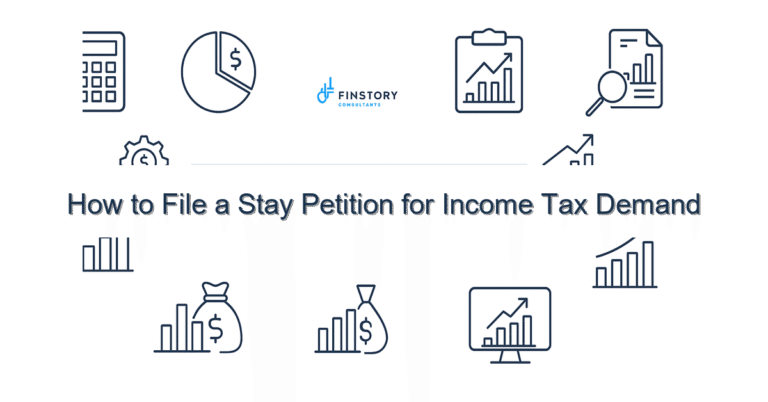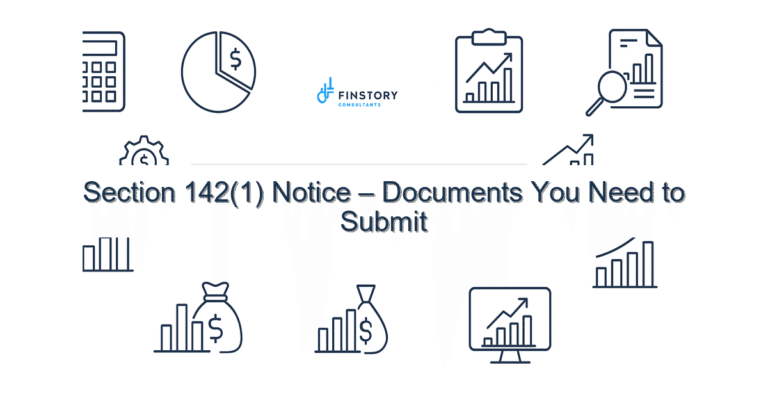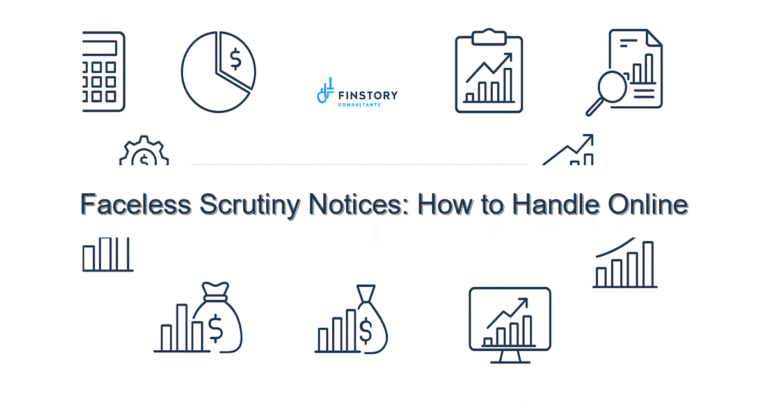International Arbitration in Tax Disputes – Explained
Dealing with a cross-border tax notice or a transfer pricing demand can feel overwhelming — especially when terms like AY/PY, DTAA, and treaty relief start flying around. You’re not alone: many salaried individuals, professionals, founders and MSMEs find international tax disputes confusing and stressful.
Summary: International arbitration offers a neutral, legally binding route to resolve tax treaty or investment-treaty disputes involving India. For taxpayers facing double taxation, prolonged litigation, or unfair assessments, arbitration can save time, reduce uncertainty, and lead to enforceable awards — but the route requires careful eligibility checks, timely action, and expert representation.
What’s the real problem in India?
India’s tax system is robust but complex. When cross-border transactions, foreign clients or overseas subsidiaries are involved, disputes can escalate beyond standard assessments and appeals. Arbitration becomes relevant when there is an international treaty, investors’ protection agreement, or a specific arbitration clause that covers tax measures.
Challenges include unclear timelines, overlapping jurisdiction, and limited local mechanisms to enforce international awards. Add CBDT timelines, tribunal backlogs, and procedural forms on the e-filing portal, and taxpayers often feel trapped between protracted litigation and unfair tax demands.
- Symptom 1: Receiving an assessment or penalty that ignores treaty relief or DTAA provisions.
- Symptom 2: Repeated notices and prolonged appeals despite reasonable documentation (TDS/TCS disputes are common).
- Symptom 3: Exposure to double taxation without clear recourse or lengthy mutual agreement procedures.
- Symptom 4: Conflicting decisions across jurisdictions — one country taxes income, the other also taxes the same income.
What people get wrong
Taxpayers often assume international disputes must be resolved only through Indian courts or that arbitration is too expensive or slow. Common mistakes:
- Not checking treaty clauses or investor-state arbitration provisions early.
- Missing procedural windows (for example, the timeline to initiate mutual agreement procedure or appeal to international bodies).
- Failing to document contemporaneous transfer pricing files, invoices, and AIS/26AS reconciliation needed for arbitration evidence.
- Assuming domestic remedies must be exhausted in every case — that’s not always true for treaty arbitration or investor-state claims.
A better approach
Think of international arbitration as a structured alternative to endless domestic litigation. It’s not a silver bullet, but used correctly it levels the playing field.
- Confirm eligibility: Check the applicable Double Taxation Avoidance Agreement (DTAA), Bilateral Investment Treaty (BIT) or arbitration clause. If a treaty provides for arbitration or the dispute qualifies under investor-state rules, you may proceed.
- Preserve evidence: Compile contracts, invoices, transfer pricing documentation, TDS/TCS records, AIS/26AS extracts and correspondence with tax authorities. Strong evidence is essential in arbitration.
- Evaluate remedies: Compare timelines, costs and enforceability — judicial appeals in India vs arbitration under ICSID, UNCITRAL or treaty-specific rules.
- Engage experts: Use tax counsel and arbitration specialists who know income tax india nuances (AY/PY, forms, CBDT procedures) and international law.
- File strategically: Initiate arbitration only after weighing domestic remedies, preserving rights, and preparing a concise legal and factual statement for the arbitral tribunal.
Real-world example: A Bengaluru SaaS founder faced a transfer pricing adjustment of INR 12 crore. After failing to get relief via mutual agreement procedure, the company moved to arbitration under the applicable tax treaty and secured a settlement that reduced the demand by 60% and prevented double taxation.
Quick implementation checklist
- Identify if DTAA/ BIT / investor-state clauses apply to your case this week.
- Download and reconcile AIS/26AS and e-filing portal records against your books.
- Collect all TDS/TCS certificates, invoices, contracts and contemporaneous transfer pricing documentation.
- Note critical timelines: ITR filing last date for related AY, limitation periods for appeals, and any CBDT notification dates.
- Assess whether new vs old regime slabs or personal tax positions affect treaty benefits or relief calculations.
- Engage a tax-arbitration advisor for an eligibility opinion and cost estimate.
- Prepare a concise chronology of events and correspondence with tax authorities.
- Consider interim relief: apply to the tribunal/authority for stay on recovery if necessary.
- Decide on strategy: pursue mutual agreement procedure, arbitration, or negotiated settlement.
- Plan communications: inform stakeholders, auditors and lenders about potential contingencies.
What success looks like
- Measurable reduction in tax demand (e.g., 40–70% decrease or full relief where treaty applies).
- Refunds processed or credit applied correctly against tax paid elsewhere.
- Fewer notices from tax authorities and a lower chance of enforcement actions.
- Faster resolution than protracted appeals — arbitration often resolves disputes in 12–36 months versus longer domestic litigation.
- Clear precedent or settlement terms that prevent future double taxation for similar transactions.
- Improved compliance practices like better transfer pricing files, documented Section 80C limit claims, and reconciled AIS/26AS records.
Risks & how to manage them
Arbitration carries risks: cost, uncertain outcomes, and enforcement challenges. Manage these by:
- Getting an upfront cost-benefit analysis and fee structure from counsel.
- Ensuring jurisdictional clarity — confirm the tribunal’s competence and that domestic remedies are properly addressed.
- Preserving evidence and maintaining strict deadlines to avoid procedural dismissals.
- Preparing for enforcement: understand how an award can be executed in India and the counterparty’s jurisdiction.
Tools & data
Make use of:
- AIS/26AS and Form 16/Form 26Q to verify TDS/TCS and payments.
- Income tax india e-filing portal for filing responses, appeals, and tracking notices.
- Transfer pricing documentation templates and comparability databases for benchmarking.
- TDS/TCS tracking tools and reconciliation software to spot mismatches early.
- Arbitration rules (UNCITRAL, ICSID, or treaty text) and a reliable case chronology for submissions.
FAQs
Q: Can a salaried individual use international arbitration for a DTAA dispute?
A: Yes, if the issue involves treaty interpretation and the DTAA or a related agreement provides for arbitration or the mutual agreement procedure (MAP) fails. Most individual cases are resolved via MAP or domestic appeals, but arbitration is possible in treaty-specific contexts.
Q: Will arbitration delay my ITR filing or affect the ITR filing last date?
A: No. You must still meet ITR filing last date obligations. Arbitration is a separate dispute resolution route and does not suspend statutory filing timelines or obligations under the income tax act.
Q: How does arbitration affect claims like capital gains indexation or Section 80C limit calculations?
A: Arbitration addresses the primary dispute (e.g., treaty relief or taxability). Specific computation items like capital gains indexation or Section 80C claims should be preserved in your records and presented as part of your position; they remain relevant to the award and settlement negotiations.
Q: Is TDS/TCS mismatch a reason to go to arbitration?
A: Typically no — TDS/TCS mismatches are administrative and best resolved via AIS/26AS reconciliation and the e-filing portal. Arbitration is for substantive cross-border tax disputes, treaty breaches, or investor-state claims.
Next steps
If you suspect double taxation, a treaty breach, or an unfair assessment that may qualify for arbitration, act now: preserve evidence, reconcile TDS/TCS and AIS/26AS, and get an eligibility opinion from specialists.
Work with Finstory. Speak with an Expert for a personalised plan to reduce your tax outgo and stay compliant. Book a free 20-min consultation.
📞 Need help with Income Tax in India?
Book a 20-min consultation with our tax team. Individuals, founders & MSMEs welcome.
Prefer email or phone? Write to info@finstory.net
or call +91 44-45811170.
